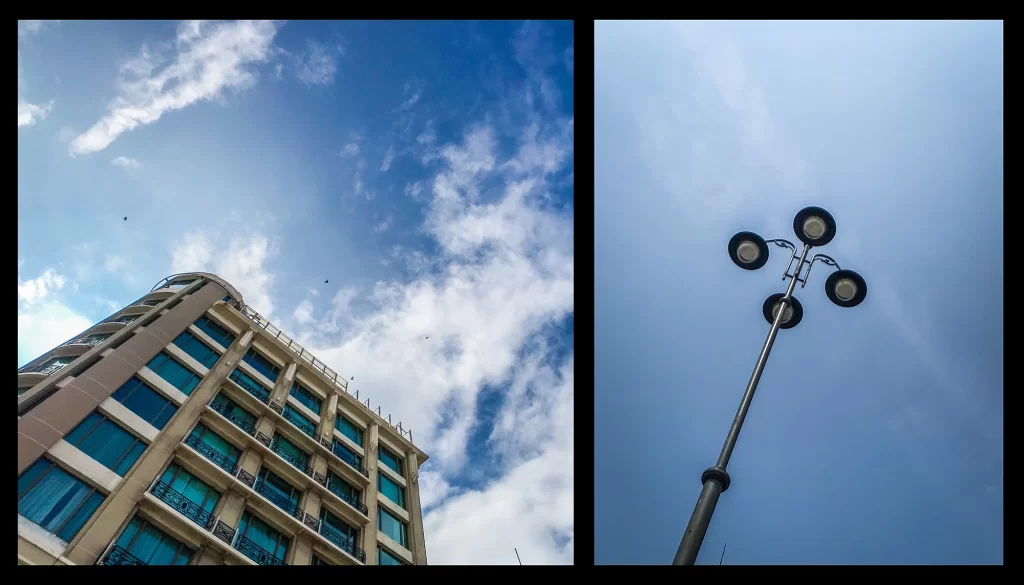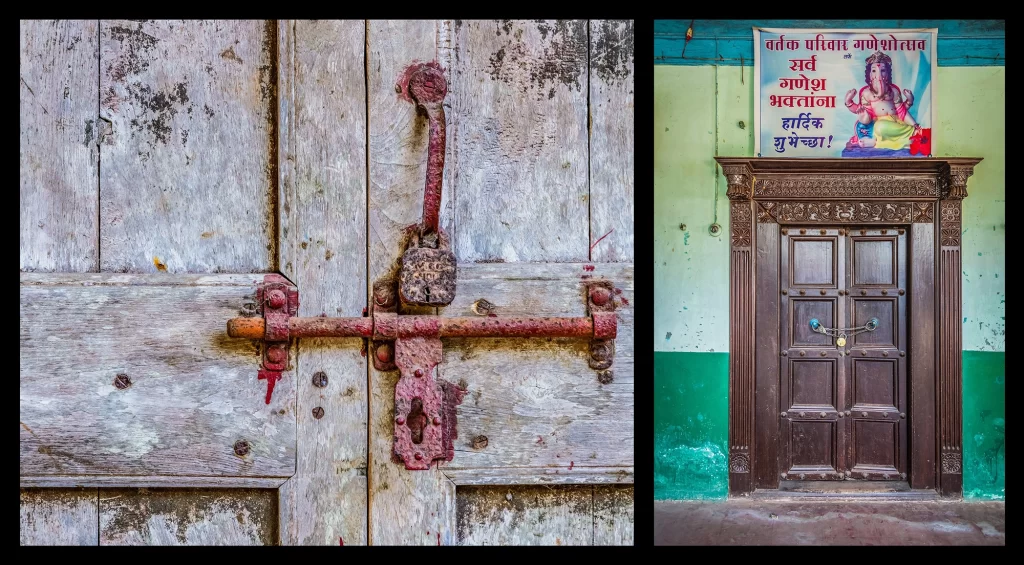By Hridgandha Girish Mistry, Director, Shari Academy of Professional Photography and Digital Imaging, Mumbai
Instagram: @thewayhridsees | @shari_academy
I started photography because I found it creative, something different from a regular desk job. I knew I was not someone who would enjoy doing monotonous work day after day. What began as curiosity soon became an intense connection, and before I even realized it, that connection had transformed into passion and later into profession.
I love the technicalities of photography. I love the way each shoot brings new challenges. Most of all, I love the fact that every set teaches me something new. That constant process of learning, adapting, and observing is what keeps me inspired even after years of practice.
Photography has always been more than just pressing a button. For me, it is not only my profession but also my greatest passion. I see photographs everywhere, whether it is from a train window, while walking through crowded streets, during a quiet stroll in nature, or even when looking at a landscape from my own home. Every moment holds the possibility of becoming an image. The key is observation. Without it, photography becomes mechanical. With it, photography becomes magical.
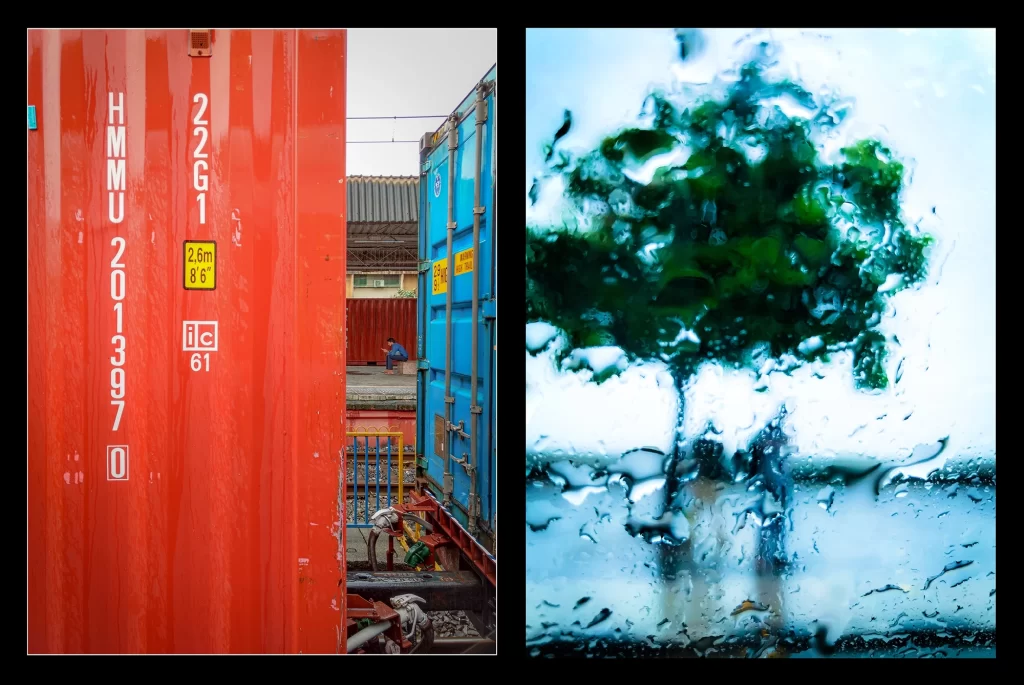
Photography as a Hobby
For many, photography begins as a hobby. It starts with curiosity, with picking up a camera or even a phone and capturing something that feels meaningful. Over time, this hobby often becomes a passion because photography connects you deeply to the world around you.
The beauty of photography is that you do not need the latest or most expensive equipment to begin. Working with whatever camera you have is more important than waiting for the perfect one. What truly matters is developing your eye, learning how to compose images, and understanding how exposure works. These skills are universal. They are not bound to a particular brand or lens. Instead, they grow with practice, patience, and the habit of seeing.
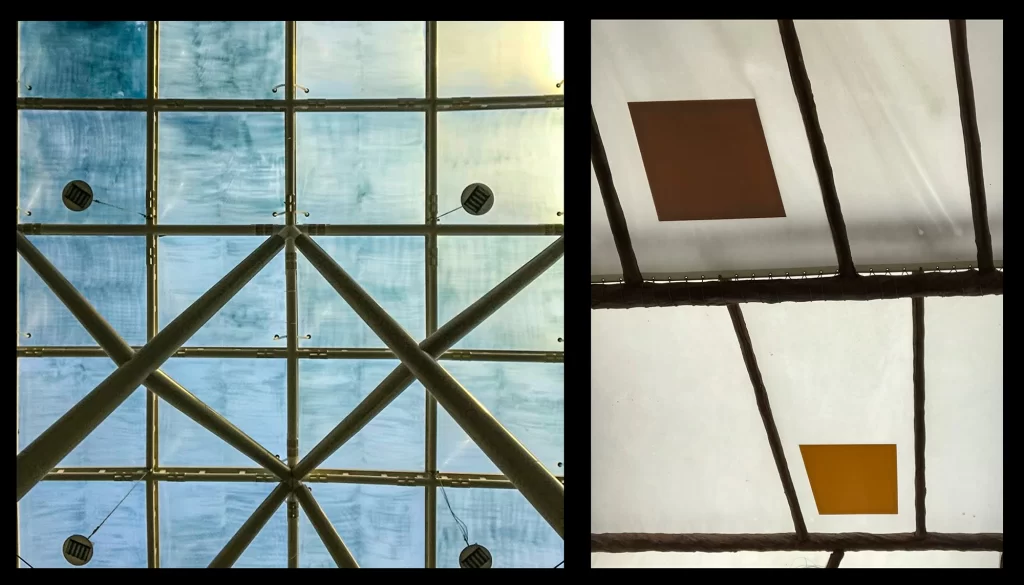
Observation Is the Key
Photography is built on observation. The more you train yourself to notice light, shadows, shapes, and stories, the better your photographs become. Observation is what allows you to see beauty in ordinary places. It helps you notice how light falls across a wall, how colors interact in a market, or how a face carries emotion in a fleeting moment.
Moreover, observation gives you clarity. When you learn to see, you stop rushing. You begin to notice details that others overlook. Photography then becomes less about the gear in your hand and more about the way you connect with your surroundings.

Growing Through Practice
Like every skill, photography improves with practice. Taking thousands of photographs teaches you not just about technique but also about yourself. You learn how to handle mistakes, how to experiment, and how to trust your instinct.
One of the best ways to practice is to step outside and explore. Street photography and nature photography are two paths that open up very different but equally powerful learning experiences.
Why Start with Street Photography
Street photography is one of the best starting points. Streets are alive with stories. They challenge you to see moments quickly, to react fast, and to connect with people. In addition, street photography helps you overcome fear. Approaching strangers, asking for a picture, or even photographing candidly builds confidence. It pushes you out of your comfort zone.
At first, it might feel intimidating. However, as you walk, observe, and interact, you discover that people are often open and curious about your work. The more you do it, the more natural it becomes. Street photography is not only about taking pictures of people. It is about capturing the rhythm of life, the gestures, the chaos, the stillness, and the small stories unfolding everywhere.
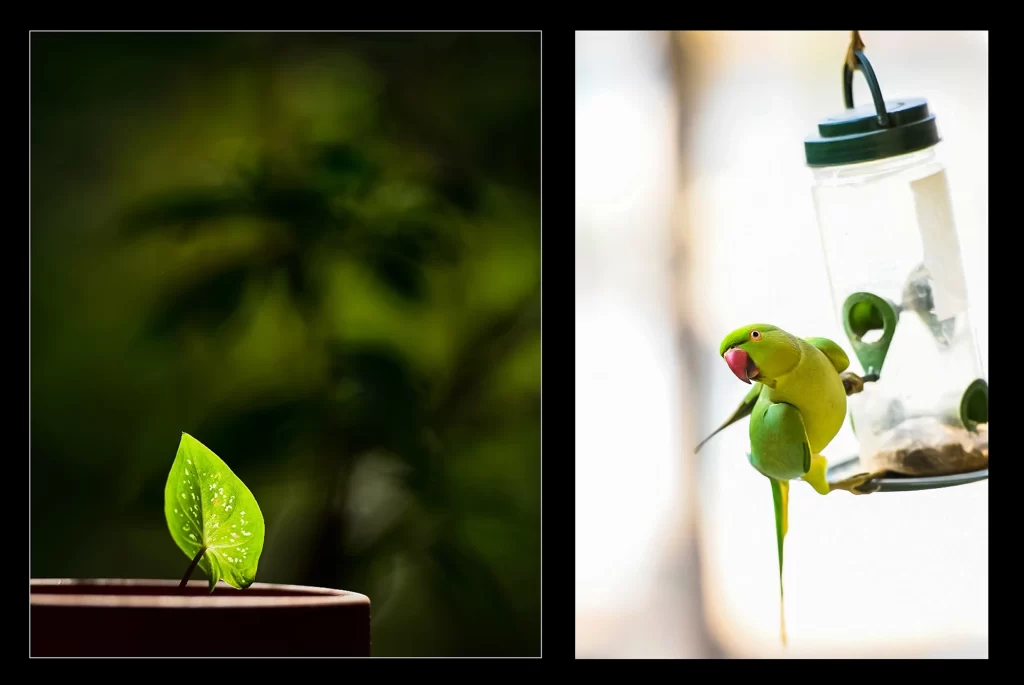
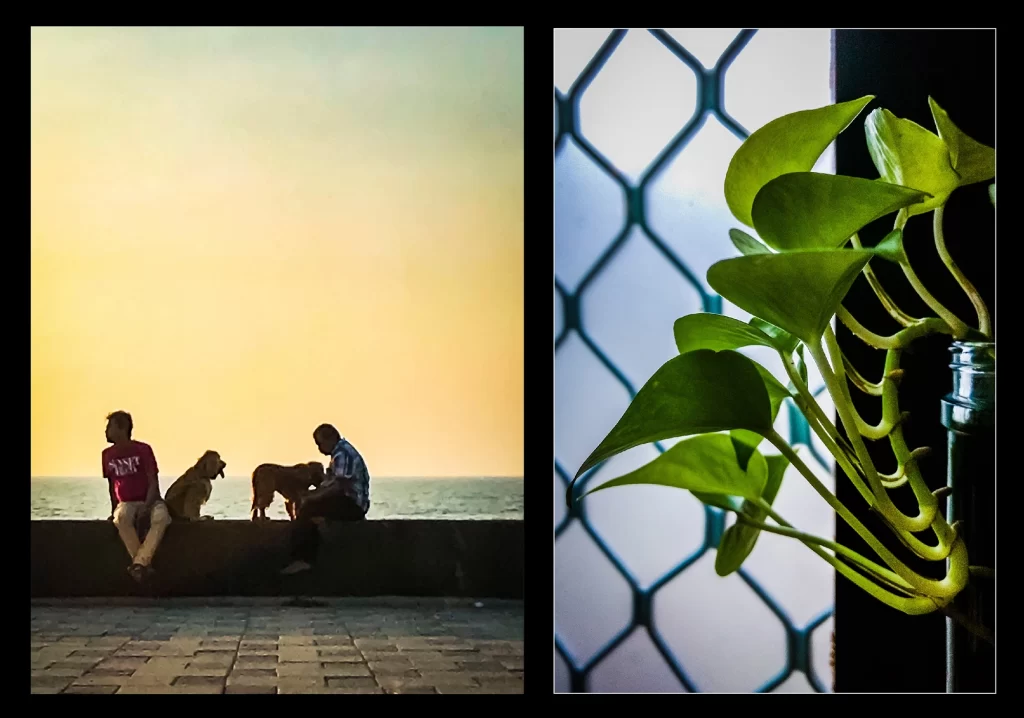
Why Try Nature Photography
On the other hand, nature photography offers a different kind of learning. Unlike the streets, nature allows you to work at your own pace. You can sit quietly, observe the changing light, and wait for the perfect moment.
This form of photography develops patience. It allows you to slow down and truly see how light changes throughout the day. Moreover, it connects you to your surroundings on a deeper level. The sound of birds, the movement of leaves, or the reflection of the sun on water all become part of your awareness.
For some photographers, nature becomes a form of meditation. It clears the mind, sharpens focus, and helps you practice observation without pressure.
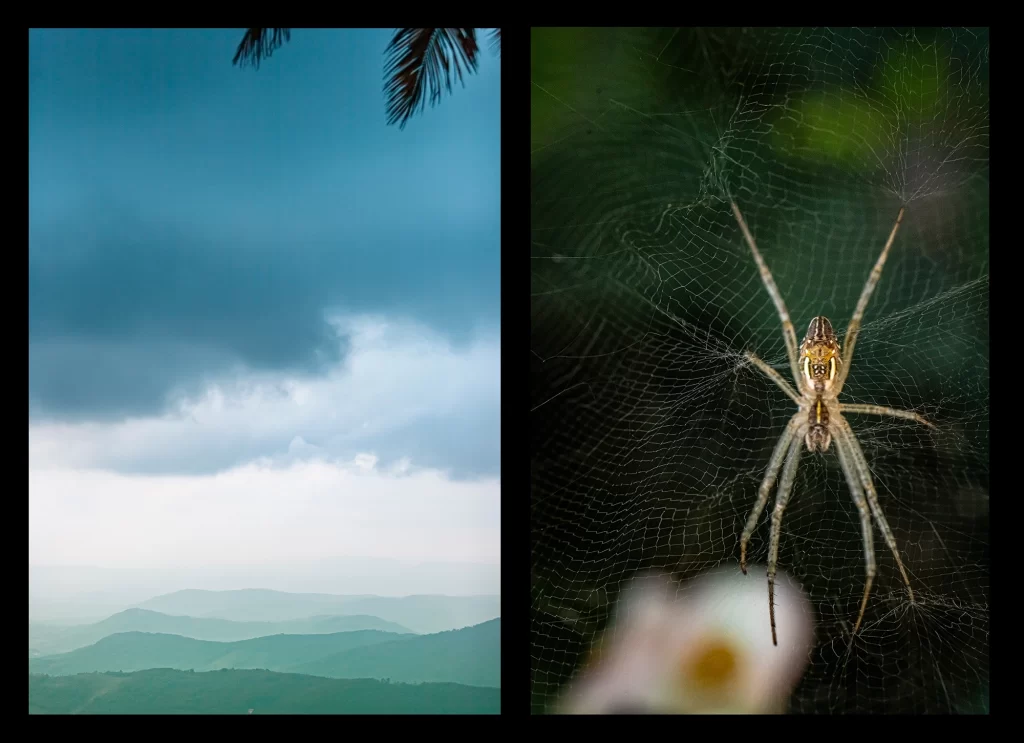
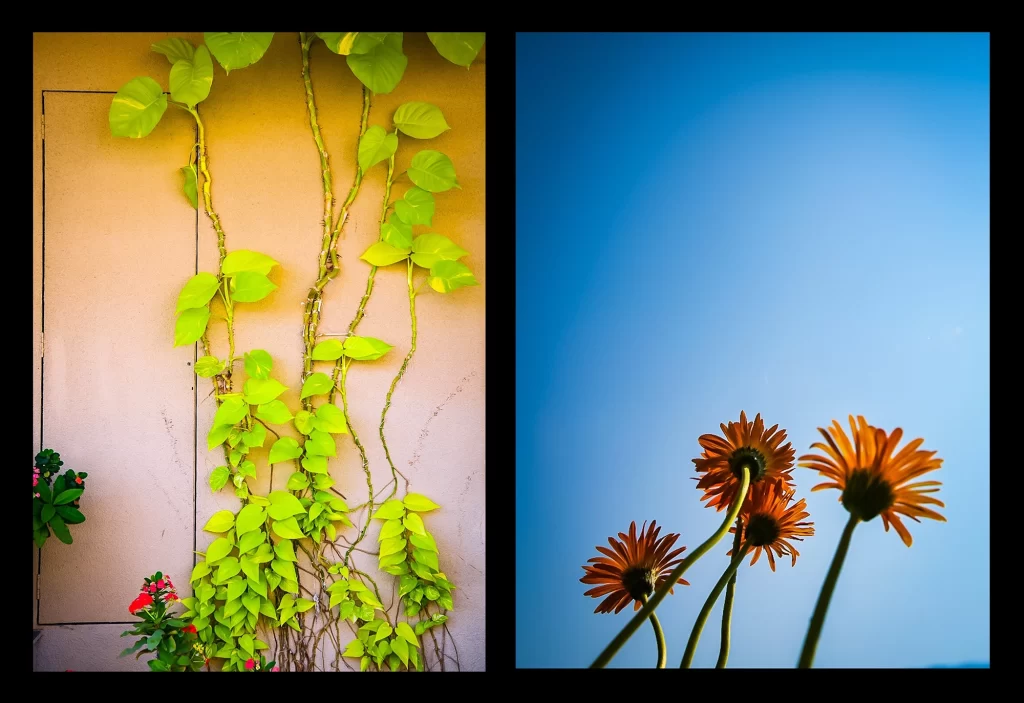
How to Improve Step by Step
Growing as a photographer means balancing both curiosity and discipline. Here are a few simple ways to improve:
- Work with the camera you have. Do not wait for better equipment. Learn with what is in your hand today.
- Practice daily observation. Notice light, shapes, and colors even when you are not shooting.
- Experiment with composition. Move closer, step back, change your angle, and try different perspectives.
- Understand exposure. Practice adjusting aperture, shutter speed, and ISO until it becomes second nature.
- Switch environments. Balance time between streets and nature so you develop versatility.
- Reflect on your work. Look back at your images, see what you love, and learn from what did not work.
With consistent practice, your hobby grows into passion, and passion transforms into skill.
Why Photography Stays With You
For me, photography is not a task I switch on and off. It is a way of life. I cannot walk without noticing light falling on a wall or a reflection in a window. I cannot travel without framing images in my mind. Photography is both my profession and my personal joy.
It teaches me to be patient, to be curious, and to be grateful. Moreover, it connects me with people, places, and experiences I might otherwise pass by. Photography has taught me that passion is not just about doing what you love. It is about seeing the world in a way that fills you with energy every single day.
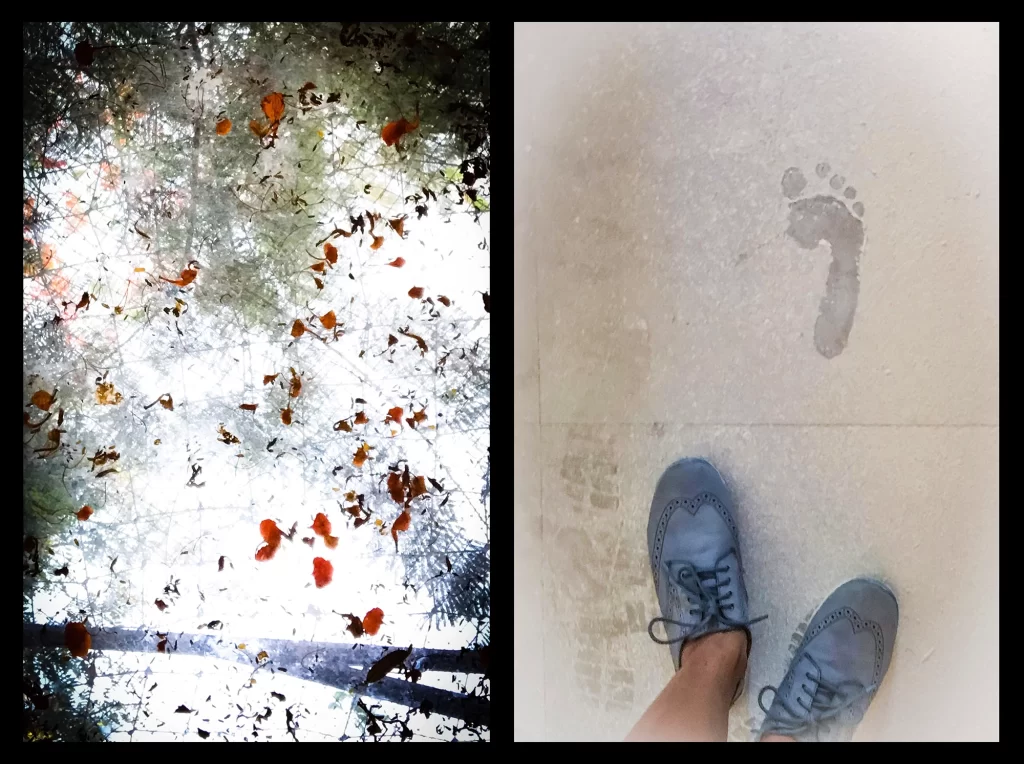
Final Thoughts
Photography as a hobby and passion is about growth, observation, and joy. You do not need to wait for perfect conditions or expensive cameras. Instead, you need the willingness to see. The more you observe, the more you connect with your surroundings, and the more rewarding photography becomes.
Street photography teaches courage and openness. Nature photography teaches patience and peace. Together, they give you balance. As you grow, you realize that photography is not about collecting pictures but about collecting experiences.
For me, this journey has been lifelong. I love photography because it is everywhere, in the streets, in nature, in people, and in the smallest details of daily life. I enjoy every bit of it, and I know that as long as I continue to observe, I will continue to grow.
So, whether photography is your hobby or profession, remember this: the key is observation. Everything else follows.
